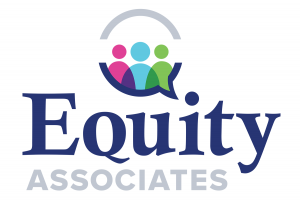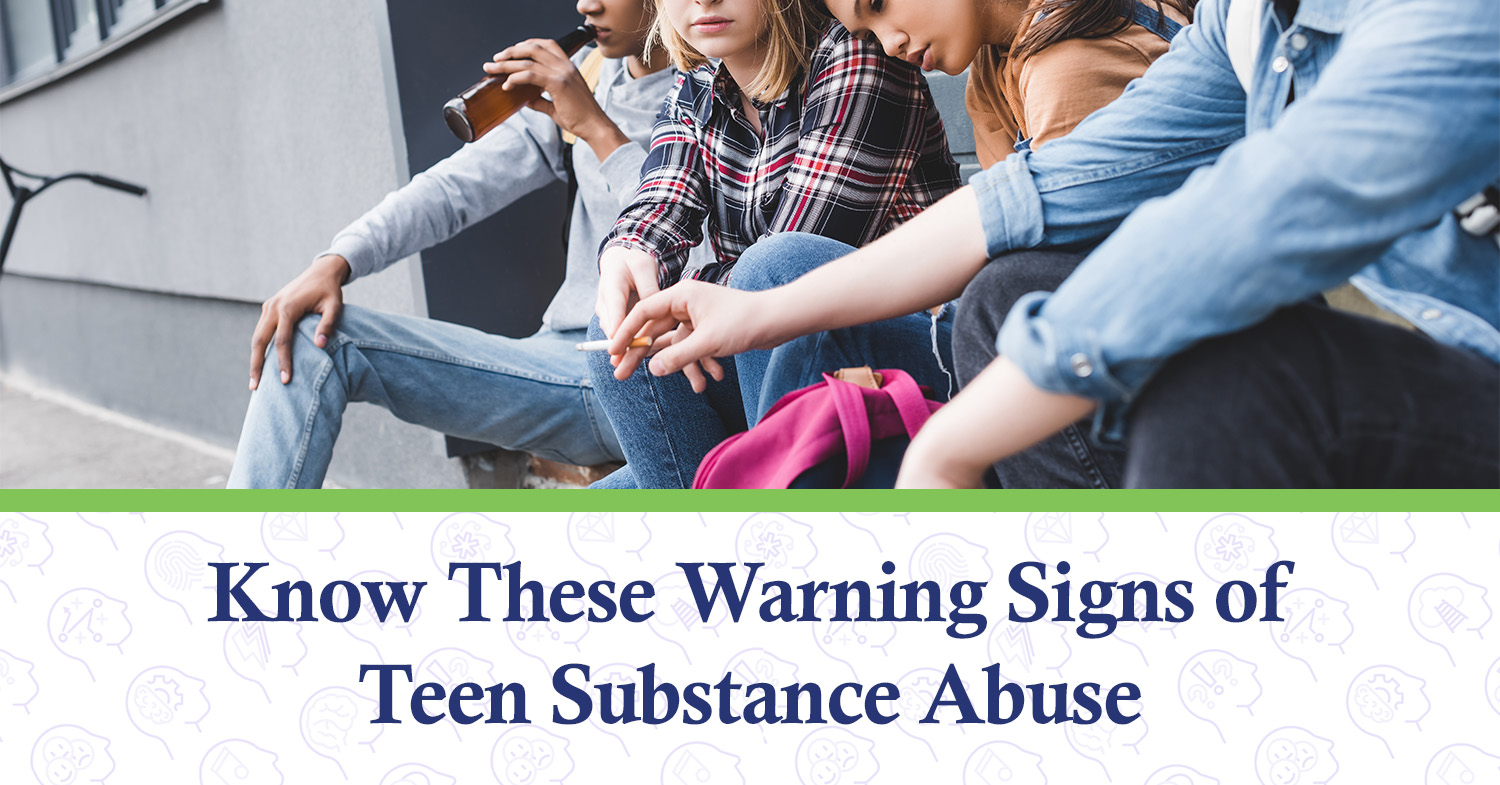Figuring out if your teen is abusing substances can be challenging. The signs aren’t always obvious. But there are early warning signs you can learn about and be on the lookout for. Here’s our guide to help you know how to look for early signs, what those signs can look like, and how to seek treatment.
The Dangers to Teens
There’s no single reason teens begin to use drugs and alcohol. Some common reasons include peer pressure, looking for an escape from reality, stress, and curiosity. But no matter the reason, underage substance use poses several threats to a teen’s immediate and long-term health. According to the National Institute on Alcohol Abuse and Alcoholism, underage drinking and drug use can result in:
- Impaired judgment
- Altered brain development
- Increased likelihood of experiencing or instigating interpersonal violence
- Increased injuries
And while it can start off with experimenting, it can often escalate to serious misuse and abuse. This includes leading to life-altering outcomes, including overdoses, motor vehicle crashes, homicides, and other forms of death among youth. It can also mean dealing with addiction later in life.
How Do You Look for Early Signs of Teen Substance Abuse?
The unfortunate part of looking for warning signs: they can hard to spot. And if not addressed early, unhealthy patterns can develop into a full-blown substance use disorder. Problematic behaviors are easier to turn around when warning signs first surface, rather than when the situation escalates or an emergency occurs.
The good thing is when you know your teen’s passions, habits, and interests, early warning signs can be more apparent when something is amiss. By being alert, you can get your teen into treatment and reduce the likelihood of a future problem. And remember: you can never intervene too soon.
What Kind of Behaviors Could Indicate Teen Substance Abuse?
Some behavioral signs to watch out for include:
- Ignoring or breaking curfew
- Withdrawing from classroom participation/slipping grades
- Missing school or work
- Isolating from others/damaging relationships with family or friends
- Abandoning long-time friends
- Changing friend groups
- Losing interest in hobbies or activities
- Making excuses, or outright lying
Some physical indicators of possible substance abuse include:
- Poor hygiene/change in appearance
- Bloodshot eyes
- Slurred speech
- Frequent runny nose or nosebleeds
- Difficulty staying focused or remembering
- Paranoia, anxiety, fidgeting
- Unusual tiredness
- Rapid weight gain or loss
- Missing alcohol bottles or prescription medicine bottles
It’s important to note some of these indicators can just be pangs of adolescence. However, if you’re noticing more than a few indicators from each list in your teen, it’s likely time to be proactive about finding out what’s going on.
Know the Signs and Seek Treatment
If you observe these warning signs of substance abuse in your teen, early intervention can help your teen achieve a better outcome. Many people believe that their teen has to hit “rock bottom” in order for interventions to be effective. However, this could not be further from the truth. Research shows that early intervention generates the best outcomes for those misusing drugs and alcohol early in life.
When you notice warning signs early, talk therapy treatment can be very beneficial. Cognitive-behavioral therapy (CBT) is a treatment option that seeks to uncover the thinking behind your teen’s addiction and work towards reshaping their thought patterns. CBT sessions will encourage teens to:
- Develop self-regulation and coping skills by helping them identify stimulus cues that precede their substance use
- Use various strategies to avoid high-risk situations, people, or places
- Develop skills for communication and problem-solving
Family therapy is also a treatment option to consider. Sessions of family therapy bring together those closest to a teen dealing with substance abuse and address issues such as poor family communication, cohesiveness, and problem-solving. This method of treatment centers on the premise that family carries the most profound and long-lasting influence on development, and in the modeling of both good and bad behaviors and beliefs. So in the instance of substance abuse treatment, family therapy may bring up the role of alcohol in the household.

If you’re looking for therapy treatment for your teen but don’t know where to start the search, Equity Associates is here to help you.
Equity Associates is Here to Help
If you’re looking for therapy treatment for your teen but don’t know where to start the search, Equity Associates is here to help you. At Equity Associates, we use substance abuse treatment theories to help your teen and can find a practitioner that will be tailored specifically to your needs. Not to mention, with our usage of telemental health, those seeking treatment can do so in the comfort of their home. We’re based in Ridgway, Colorado, but can help those anywhere in the state. No matter what, we’re always here to support those who need us.






